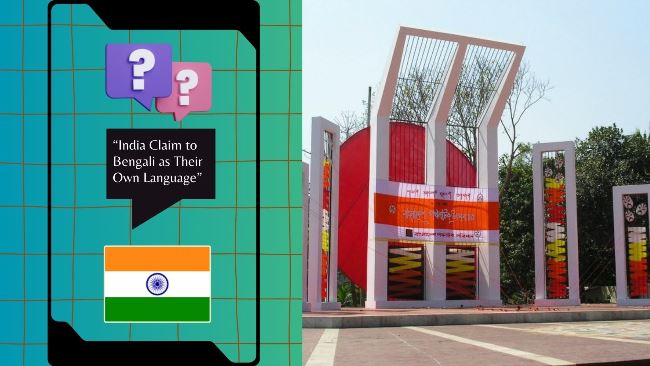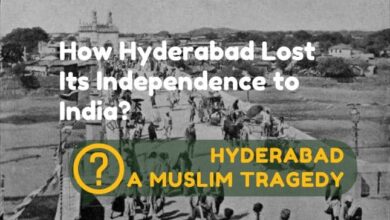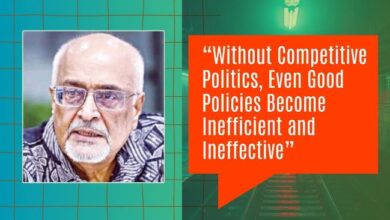Did India Claim to Bengali as Their Own Language? Unraveling the Debate

In the U.S. presidential election 2024, the ballot papers in New York featured four languages alongside English: Bengali, Chinese, Spanish, and Korean. However, India’s national language, Hindi, was notably absent. Following this, Indian media reportedly claimed Bengali as their own language.
On Monday, November 4, several Indian media outlets published reports claiming Bengali as an Indian language.
For instance, The Hindu headlined its story: “Bengali, the Only Indian Language Featured on New York Ballot Papers,” while The Economic Times wrote: “Only One Indian Language Makes It to the New York Ballot—and It’s Not Hindi.”
Don’t Miss Out the Stories:
- The Story of Pakistan’s Creation: A ‘Promised Land’ for Muslims
- A Muslim Tragedy: How Hyderabad Lost Its Independence to India?
- Ensuring Accountability: Tackling Corruption among University Vice-Chancellors
- Eat Your Way to Relief Joint Paint: Foods That Can Help Reduce Knee Pain
- Why Needs to Consumer Protection? Problems Faced by Consumers
- Top Toothpaste Brands Reviewed: Safety, Quality, and Performance Insights
The Reality of Bengali
According to Wikipedia, Bengali is the official, national, and most widely spoken language of Bangladesh, with 98% of the population using it as their first language. However, in India, Bengali is the second most spoken language.
On February 21, 1952, students and citizens of Bangladesh sacrificed their lives to demand Bengali as the state language.
This historic movement led not only to Bengali being recognized as the state language but also to the eventual independence and sovereignty of Bangladesh.
Bengali on New York’s Ballot
This year, New York State included four foreign languages on its ballot papers alongside English, with Bengali being one of them. A significant number of immigrants in New York State, including New York City, speak Bengali. According to official statistics, over 200 languages are spoken in New York, but Bengali was chosen among them for this election.
This decision stems from the Voting Rights Act of 1965. Two years ago, a lawsuit was filed in New York courts under this act. Following an agreement between the state administration and the plaintiffs, the decision was made to feature ballots in four languages, including Bengali.




